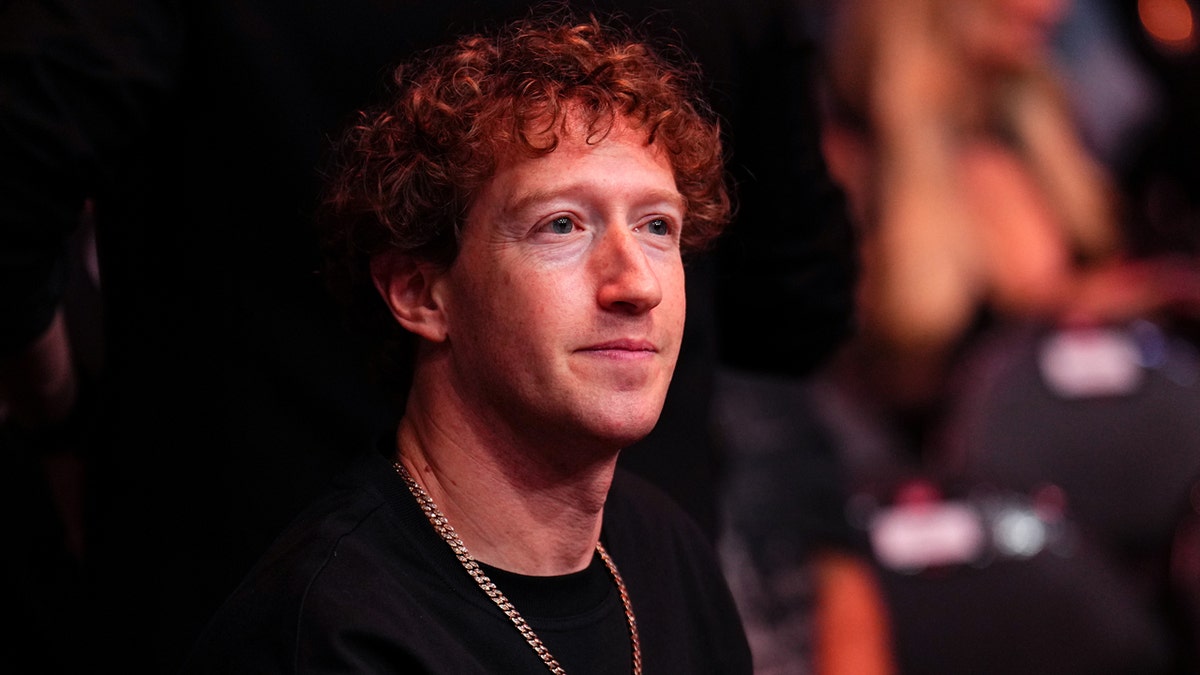Mark Zuckerberg’s Testimony in the FTC Antitrust Case Against Meta
In a significant legal development, Mark Zuckerberg, CEO of Meta, has taken the stand as the initial witness in the Federal Trade Commission’s (FTC) antitrust lawsuit aimed at dismantling his company. This case marks one of the most ambitious regulatory efforts against a major corporation since the breakup of AT&T over 40 years ago.
The Context of the Lawsuit
This lawsuit, initiated during former President Trump’s administration and now under the Biden administration’s active pursuit, addresses the core issues of competition and market dominance within the social media landscape. The trial is currently being held in a Washington, D.C. courtroom and has drawn significant public and media attention.
Zuckerberg’s Role and Statements
Zuckerberg’s testimony has come at a time when questions regarding Meta’s market influence and its business practices are under scrutiny. The FTC’s lead attorney engaged Zuckerberg on how the platform has shifted from fostering personal connections to emphasizing the display of third-party content. Zuckerberg acknowledged this transformation, stating, “It’s the case that over time, the ‘interest’ part of that has gotten built out more than the ‘friend’ part.”
Acquisitions of Instagram and WhatsApp
A focal point of the trial is Zuckerberg’s strategic decisions related to the acquisition of Instagram and WhatsApp. During questioning, he expressed concern over Instagram’s rapid growth and its potential to become a formidable competitor in mobile photo sharing. In one email related to Instagram’s growth, he remarked that the situation was “really scary,” and suggested that Facebook might need to explore acquiring the platform to mitigate competition.
Interplay with Competitors
Zuckerberg framed Meta’s landscape as one filled with competition from various entertainment platforms, citing not only other social media but also streaming services like Netflix and YouTube as part of the battle for consumer attention. With Meta boasting 4 billion monthly active users, the outcome of this lawsuit could have severe implications for its structure and operations.
Public and Political Reactions
The implications of Zuckerberg’s testimony are compounded by the political context surrounding tech regulation. Both Trump and Biden have previously criticized platforms like Facebook, positioning them as threats to various societal aspects. Zuckerberg’s recent gestures towards cooperation, including a donation to Biden’s inaugural fund, highlight the complex relationship between major tech firms and government officials.
Conclusion
As the trial progresses, the eyes of both the industry and the public remain focused on the courtroom. The proceedings not only challenge Zuckerberg’s business practices but also set a precedent for future antitrust actions against tech giants. The ongoing narrative raises critical questions about competition, market control, and the direction in which regulation of the digital space is headed.

Mark Zuckerberg, CEO of Meta, is the primary witness in the FTC antitrust lawsuit. (Chris Unger/Zuffa LLC)

